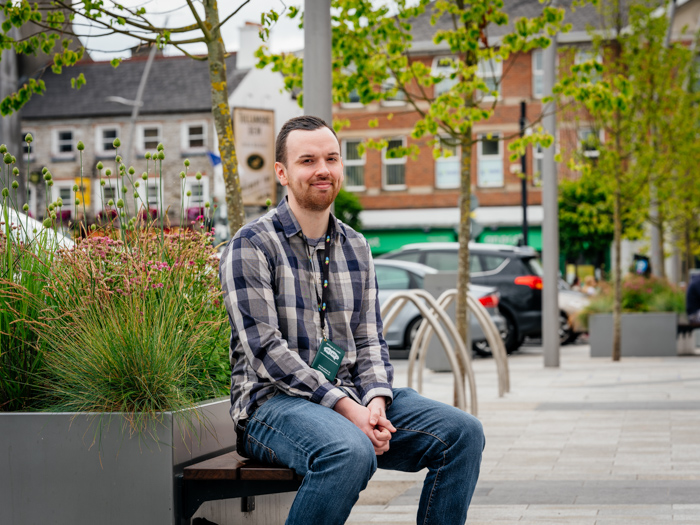I owe a lot of my happiness to my friend. I wouldn’t have figured it out otherwise. He told me he thought I might be autistic, so I went to find out if there was anything to it. I was 23 and had just graduated from NUIG with a Bachelor of Commerce specialising in Economics. But even with my qualification, I found the whole interview process impossible. Everyone told me they were having the same trouble, but nobody seemed to be doing as many interviews as I was. I don’t feel comfortable in interviews, and I sometimes find it hard to make eye contact. A job trial would be the best and fairest way to assess my work. I believe that the interview process is inaccessible to me. There’s no other way to put it. I wish there were options for assessing a person before giving them a job instead of just one option – an interview. How about offering a candidate a chance to prove themselves by allowing them to work for a day or even a week? Give me that, and I’ll blow you away! Being good at interviews doesn’t necessarily prove how well you work.
I’m very open about being autistic, and people are often taken aback by this. They’re not used to people being so honest. I was identified as autistic three years ago. I never say, ‘I got my diagnosis of autism’ or ‘I was diagnosed with autism’. As far as I am concerned, getting diagnosed with something is usually bad news. You get diagnosed with cancer; you don’t get diagnosed with autism.
When I was identified as autistic, my mam told me I didn’t speak until I was four. I don’t remember any of that, so this was news.
Growing up in Offaly was tough. We’re an old-fashioned county. Something like autism is seen as a new thing, but autistic people have always been around. I was bullied at primary and secondary school and, to some extent, in college.
At school, I had meltdowns a lot of the time. They came in the form of uncontrollable anger, and I got into a few fights. Some students would think, ‘Brian’s real easy to get angry; let’s just wind him up.’ The teachers would say, ‘don’t let them get to you,’ but it’s not as simple as all that. I’m autistic.
The meltdowns weren’t exactly pleasant for me. I was egged on, as were the other lads. None of us needed it, and it wasn’t helpful. I didn’t have great self-esteem for a long time due to all of these things. I was psychologically bullied for years, and in hindsight, I think I would have benefited from being accepted more than I am. I didn’t have a group of friends until I was 16 and felt very alone. It wasn’t my fault, people didn’t understand me, and I didn’t get the appropriate support.
I always felt different but didn’t know why. When my friend told me he thought I might be autistic. Initially, I thought he was slagging me because that’s what people did. I became so defensive because there was so much of that. I started on medication four years ago and CBT therapy, which has helped me deal with anxiety. My life has never been better. I also had therapy and have unwrapped everything from the past. I am very happy now but was I happy for most of my life? No, I wasn’t.
I experience ableism to this day. I still hear stories of autistic kids not being invited to birthday parties. Nobody will let you teach children about autism, thinking they aren’t old enough to know about those things. When I found out I was autistic for the first time in my life, I understood myself.
Society makes you feel ashamed about being autistic. Coming out was hard, and that’s what you’re doing; you’re coming out as autistic. People aren’t used to dealing with an autistic person who is out, open and comfortable with themselves.
The autistic community is about 30 years behind the other civil rights movements. It just takes time. We shouldn’t have to compromise our ideals or the way we think about ourselves. There’s a lot of work to do, but I’m making progress. Because I’m out and proud of who I am, many people come to me, having realised that they are also autistic. There are a lot of autistic people around. People say, “don’t label me,” but that’s fine if you live in this rosy world where labels don’t matter, but they do. If you’re not identified as autistic, but you are autistic – you know you’re different, and others know you’re different. So what does it matter if you add a label which helps explain the differences?
If everyone makes an effort, we can make society more inclusive. I don’t think you can separate my personality from my being autistic, but at last, I’m happy in my skin”.

